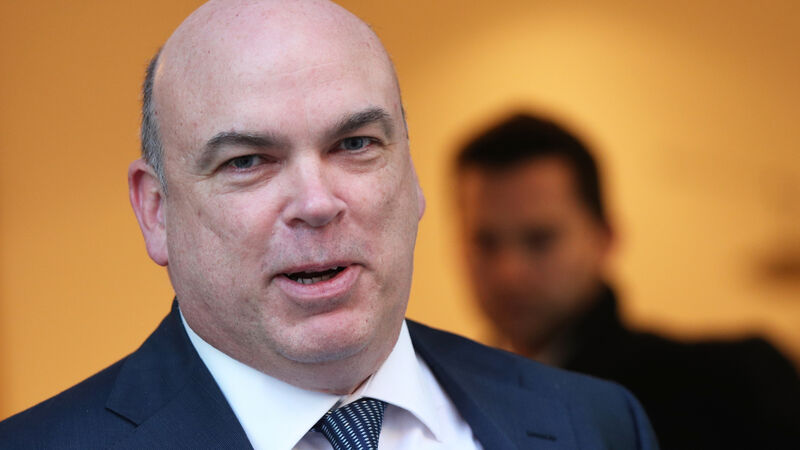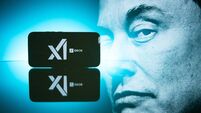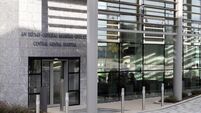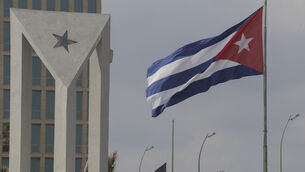Irish Examiner view: Tech tycoon Mike Lynch took on the might of US corporate lawyers, and won

Mike Lynch was cleared of charges alleging that he orchestrated a fraud and conspiracy leading up to an $11bn deal that turned into a costly albatross for Silicon Valley pioneer Hewlett Packard. Picture: Yui Mok/PA
It is difficult not to admire the brio with which the flamboyant, extradited tech tycoon Mike Lynch took on the might of America’s corporate malfeasance lawyers and won an audacious victory.
In a country which loves the spectacle of boardroom executives being arraigned for financial misdeeds, preferably in handcuffs, Mr Lynch — who has been fighting his case in various forms for 13 years — made the calculated gamble of going into the witness box in San Francisco.
















